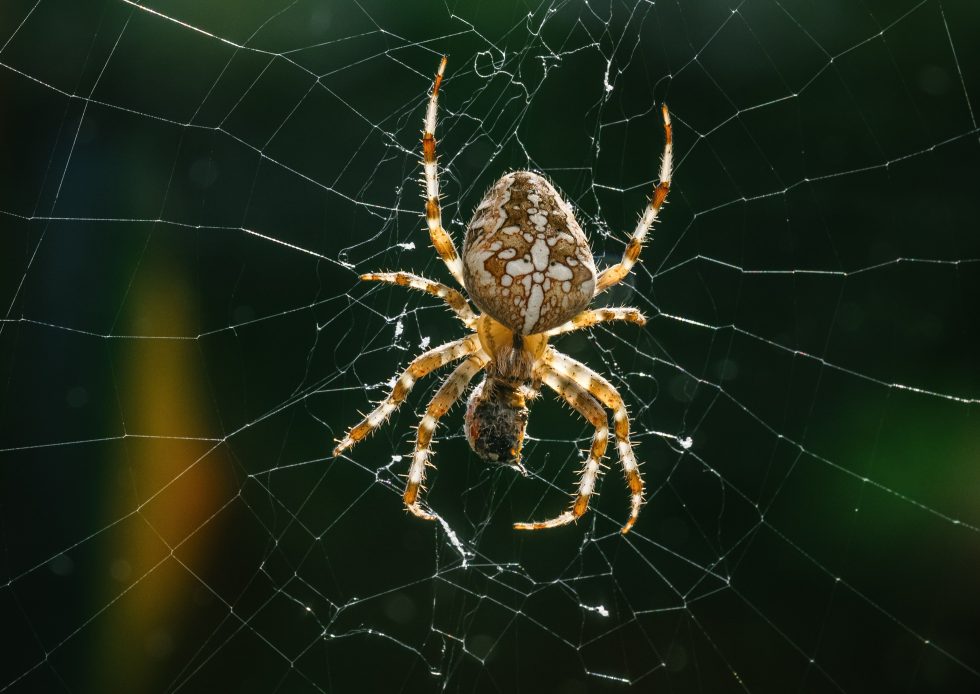Spiders are fascinating creatures that play a vital role in our ecosystem by controlling insect populations. However, when these eight-legged arachnids start invading our homes, they can evoke fear and discomfort in many homeowners. If you’re one of those who wish to bid farewell to these uninvited guests, this blog post is here to help. We’ll explore the reasons why spiders in the home can be problematic and provide you with actionable tips to keep your living space spider-free.
Understanding the Problem: Why Spiders in the Home is a Concern
While most spiders are harmless to humans, their presence within the house can lead to a range of issues:
a. Fear and Discomfort: Many individuals have an innate fear of spiders, known as arachnophobia. This fear can cause significant distress and anxiety, making it difficult to relax in your own home.
b. Allergies and Bites: Though rare, some people may experience allergic reactions to spider bites. Additionally, bites from venomous spiders, such as the black widow or brown recluse, can cause severe symptoms and require medical attention.
c. Sanitary Concerns: Spiders create cobwebs, which not only appear unsightly but also collect dust and debris over time. These webs can make your home feel unkempt and require frequent cleaning.
d. Pest Control: Spiders feed on insects, and their presence may indicate a larger pest problem in your home. By addressing the spider issue, you may indirectly resolve an underlying insect infestation as well.
Actionable Tips for Spider Control
Now that we understand the significance of eliminating spiders from our homes, let’s delve into practical strategies to keep these arachnids at bay:
a. Maintain a Clean and Clutter-Free Environment: Regularly clean and vacuum your home, paying special attention to corners, baseboards, and behind furniture.
Remove clutter, such as piles of clothes, boxes, and unused items, which can provide hiding spots for spiders.
b. Seal Entry Points: Inspect your home for gaps and cracks in doors, windows, and foundation walls. Seal any openings using caulk or weatherstripping to prevent spiders from entering.
Install door sweeps and window screens to further deny spiders access to your home.
c. Reduce Outdoor Lighting: Spiders are attracted to light sources, which, in turn, attract other insects. Replace bright white bulbs with yellow or sodium vapor lights to reduce their attraction to your home.
d. Natural Deterrents: Certain plants, such as lavender, eucalyptus, mint, and lemon balm, are known to repel spiders due to their strong scent. Place potted versions or sachets of these plants near entry points or windows.
Essential oils like peppermint, tea tree, or citrus can also be mixed with water and sprayed around areas where spiders are commonly found.
e. Deprive Them of Food: Regularly clean up food crumbs, spills, and pet food. By eliminating a food source, you can discourage other insects from entering your home, subsequently reducing spider populations.
f. Professional Pest Control: If your spider infestation persists despite your efforts, it might be beneficial to consult a professional pest control service like H2 Pest Control. We can assess the situation and provide targeted treatments to effectively eliminate spiders from your home.
Having spiders in your house can be unnerving, but with the right approach, you can create an environment that discourages their presence. By following the tips outlined in this article, including maintaining cleanliness, sealing entry points, reducing outdoor lighting, employing natural deterrents, and addressing underlying pest issues, you can significantly reduce spiders in your home.
Take control of your home environment and bid farewell to unwanted arachnid guests. With a little effort and persistence, you can ensure that your house remains a spider-free zone.



